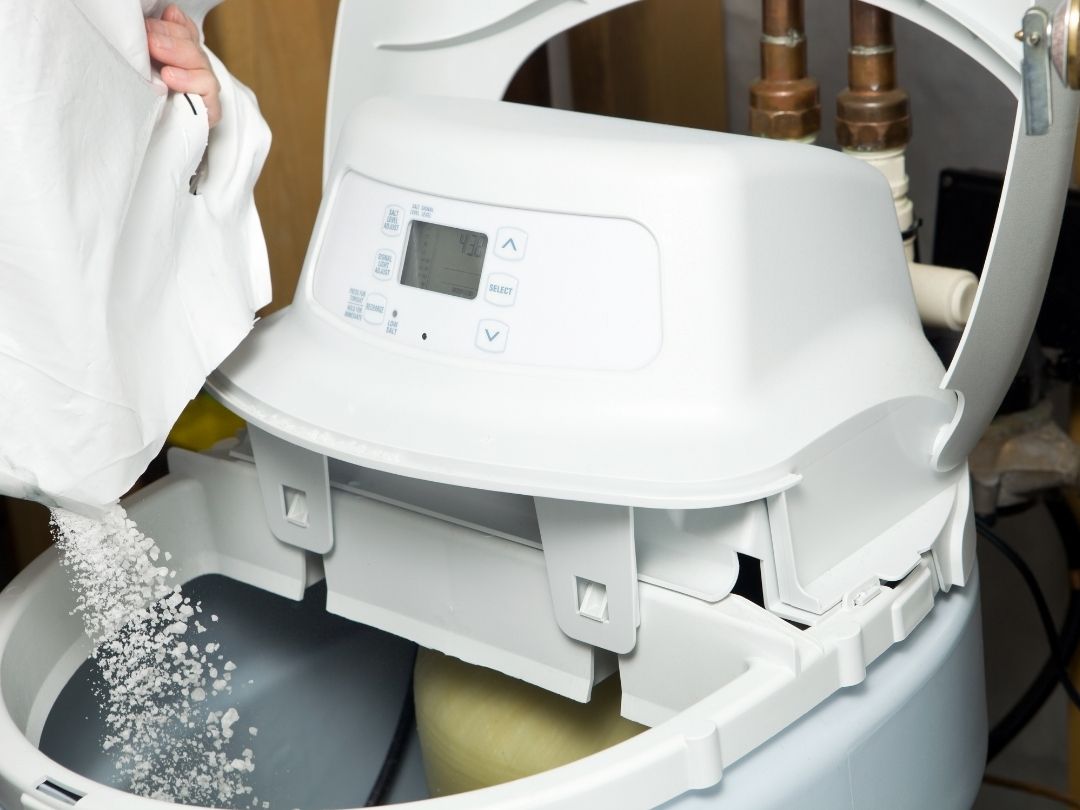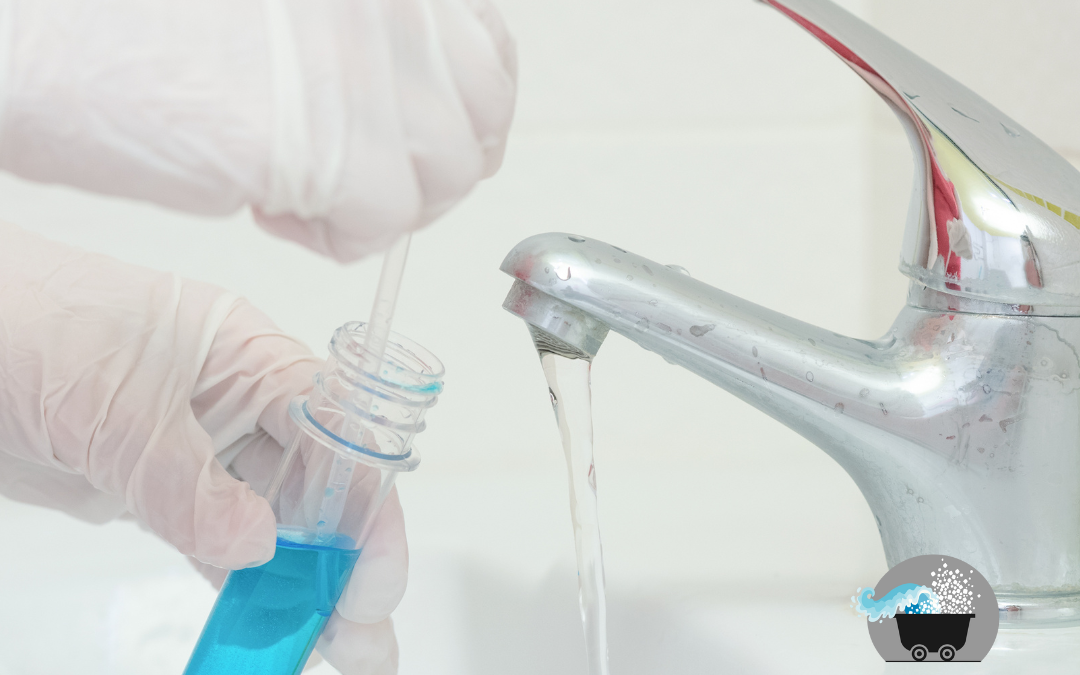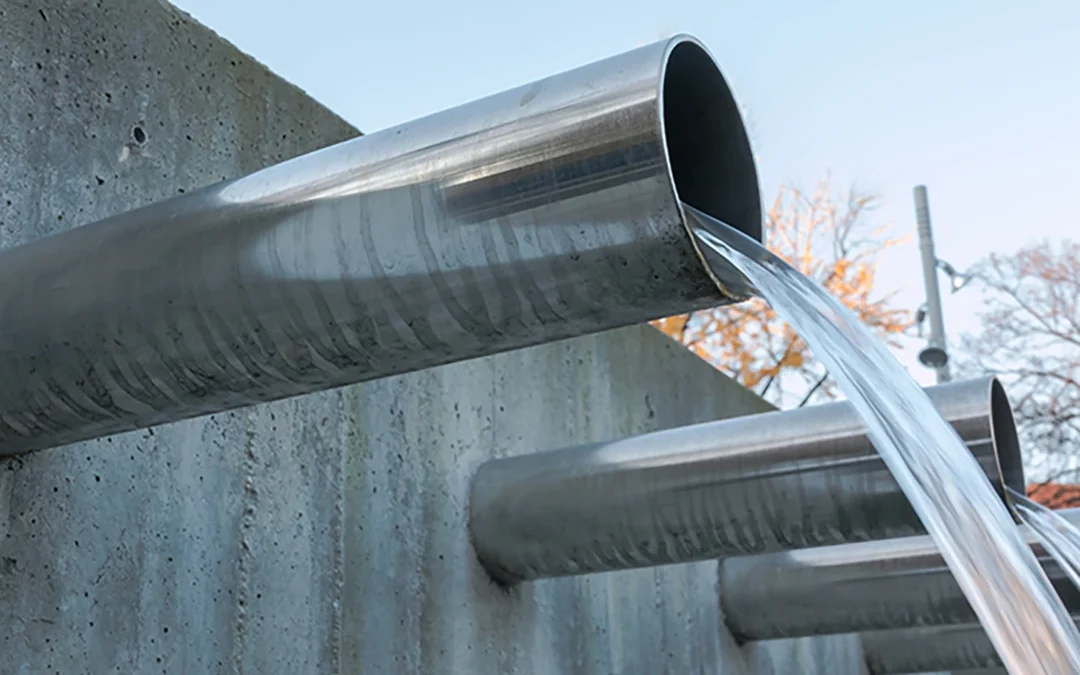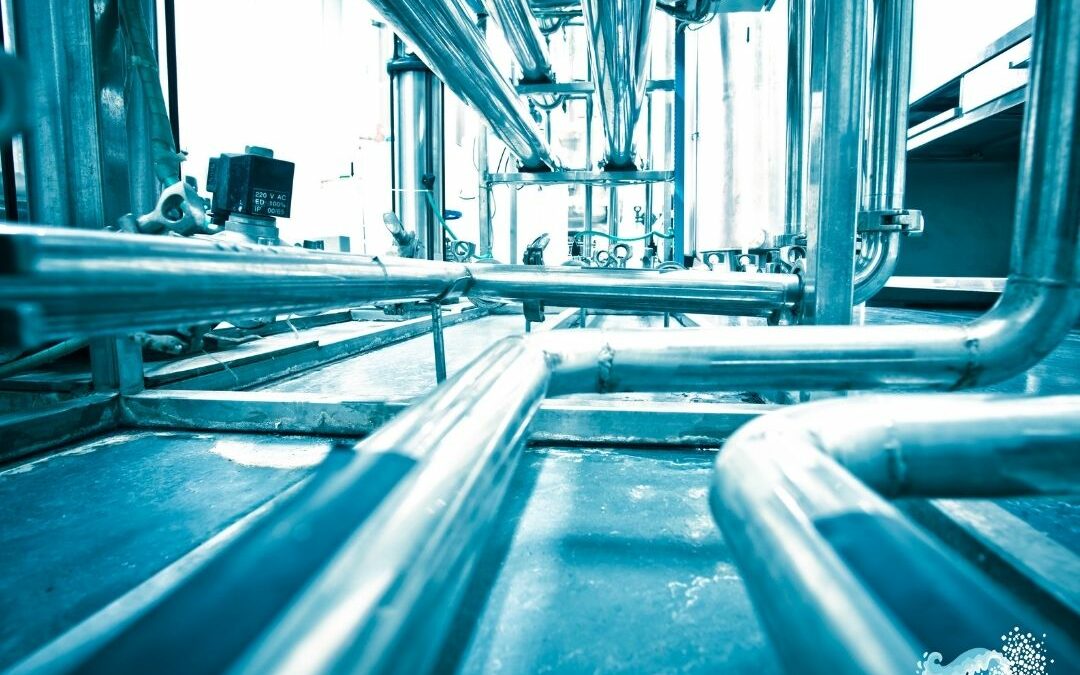If you have a home or business currently using a soft water system, it’s not uncommon to face water softener problems. After all, a water softener is just like any other appliance – it needs regular maintenance and occasional repairs to operate efficiently and do its job. Today, let’s look at 6 of the most common water softener problems so you’ll know what to expect from your own system.
Water Softener Problems That Affect System Function and Reliability
Most likely, you purchased and installed a water softener to deal with the negative effects of hard water. Learning how to recognize some of the most common water softener problems can help you keep your system operating smoothly so you can continue to enjoy all the benefits of soft water.
Here are some of the typical water softener problems home and business owners face:
- Clogs or blockages – Occasionally, minerals and salt will build up inside your water softener. This can lead to very ineffective water treatment, leaving you to think you’ve reverted to having hard water again. If you see or suspect a blockage, you can either attempt to remove it yourself (if it’s visible) or contact your local water treatment company.
- Motor malfunctioning – Unless you’re using a local soft water delivery service, you most likely get your soft water from a water softener that has a motor. Like any other electronic device, this can fail or malfunction over time. To help it last as long as possible, regular water softener maintenance is recommended.
- Failed resin beads – Resin beads are small spheres located inside the bed of a water softener. They are negatively charged and play a significant role in the ion exchange that happens during the water softening process. As long as you have a high quality softener, these beads should last as long as the softener does. On occasion, however, you may notice these beads floating around in your water softener. This is an indication that they need to be replaced.
- Hard, crusty buildup – Also known as a salt bridge, this buildup can interfere with water flow through your softener and also keep it from using the appropriate amount of salt. The result? Your softener won’t be effective and you’ll start to notice the effects of hard water all over again. Talk to your local water treatment dealer, tell them what you’ve noticed, and ask for their help to get your system back to functioning normally.
- Dirty filter – Just like your vehicle needs regular oil changes and your HVAC system requires routine air filter changes, your water softener’s filter needs to be replaced periodically, too. When it becomes dirty with sediment and minerals, your softener will no longer work effectively and the filter should be replaced.
One of the BIGGEST Water Softener Problems
Now, if you read the title correctly and you’ve made it this far, you may be wondering where the 6th water softener problem is – the list above includes only 5. Well, the 6th problem deserves special attention because it’s the one that people are least aware of.
One of the biggest problems with water softeners today is their effect on the environment. Salt-based water softeners regularly discharge highly concentrated brine at specified intervals as part of the regeneration process. As this salt accumulates in soil and water, interesting things begin to happen.
Too much salt in the environment (aka salt pollution) affects:
- Aquatic environments – Plants and animals that live in the water are significantly affected by even minor changes in the amount of salt present.
- Agriculture – When the water used to irrigate crops has high salinity, plants can die or their growth is stunted. Soil fertility and permeability are also affected.
- Drinking water – Thanks to the water cycle, the water we drink often comes from groundwater or freshwater lakes, streams, and other bodies of water. Even when the water is filtered prior to human use, not all of the excess salt has been removed.
The Salt Miner: An Eco-Friendly Soft Water Solution
If water softeners can cause so many problems in the environment, do we need to go without them altogether? Not necessarily. With new technology such as the Salt Miner, we can still enjoy the benefits of soft water but be kinder to our planet while we do it.
The Salt Miner works by ‘mining’ the salt out of the brine before it is discharged into the environment. The used salt can then be recycled and disposed of properly. The end result is salt control at its source, leaving the environment intact and allowing you to have soft water. To learn more about how the Salt Miner works or to invest in this cutting edge environmentally-friendly technology, contact us today!





